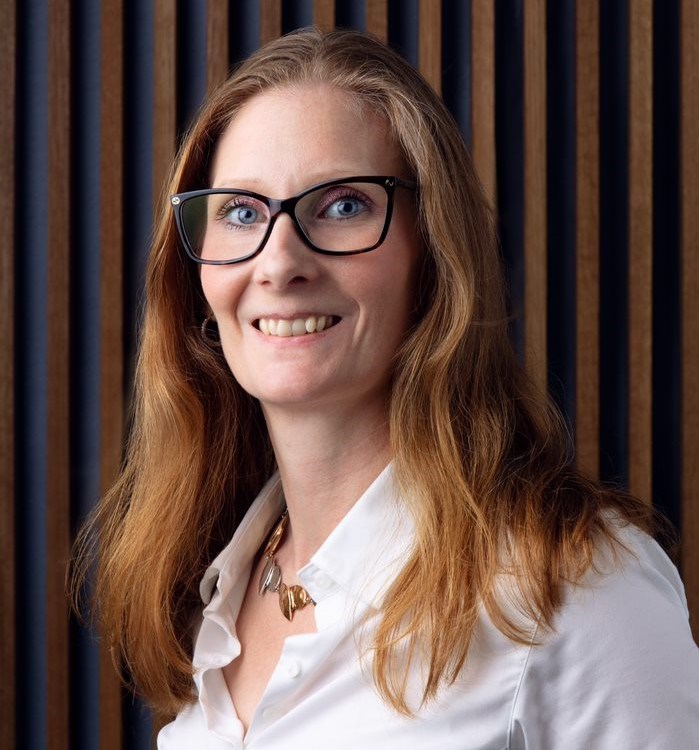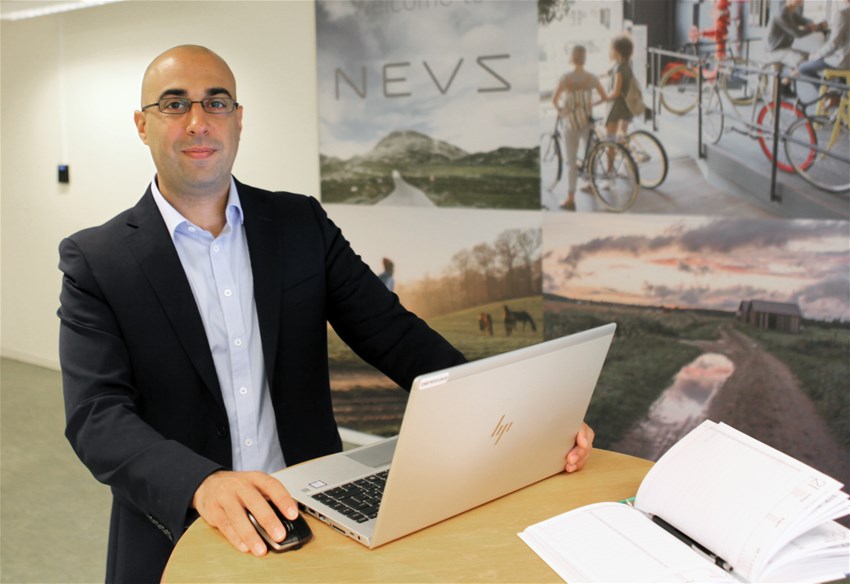DEVELOPING PROGRAMMES THAT MEET THE INDUSTRY’S NEEDS
University Wests Work Integrated Learning (WIL) profile is based upon the idea that knowledge is acquired through working with others. This resulted in the new programme Master in Electrical Vehicle (se opposite page). A result of a close collaboration with the automotive industry and an increasing need for new competence as a result of electricity replacing fossil fuels.
At University West, researchers, teachers and students work directly with the industry to develop programmes that meet society’s need for competence. One example of this is the Master in Electric Vehicle Engineering. The programme is a result of a close collaboration with the automotive industry to meet the needs for new and specialized competence. Both Volvo and NEVS, two companies that are focusing on developing electrical vehicles, have been involved in creating this programme.
Fast-moving market
- It’s an extremely fast-moving market in terms of development, says Caroline Kjellin, Propulsion Solution Management Expert at Volvo. There are new technologies coming all the time. If you want to work at the forefront of technology, this is definitely an area where you want to work, Caroline explains. The benefit of a more specialised programme like this, is that the electric car development market is extremely big.

The university involves industry reference groups when developing new programmes to ensure relevance and quality. Automotive companies, including Volvo and NEVS, engaged themselves in the Master in Electric Vehicle Engineering programme by offering feedback regarding content, structure, examination as well as degree objectives.
Since Volvo, NEVS and other automotive companies are potential future employers for the students at University West, it is important that these types of companies know that the right knowledge and skills are acquired through the education.
- We are always open to, and interested in, working with students and researchers at the University West, says Jose Guerrero, Chapter Leader of Energy Systems at NEVS.
– We are also trying to keep the students who have been working with us after they graduate. We need new minds in addition to our senior staff.

Integrated part
Co-operation is an integrated part of University West’s programmes and research which means bringing working life into the education and placing parts of the ducation in the working life. The WIL approach ensures that the graduates are well prepared for a sustainable employment.


